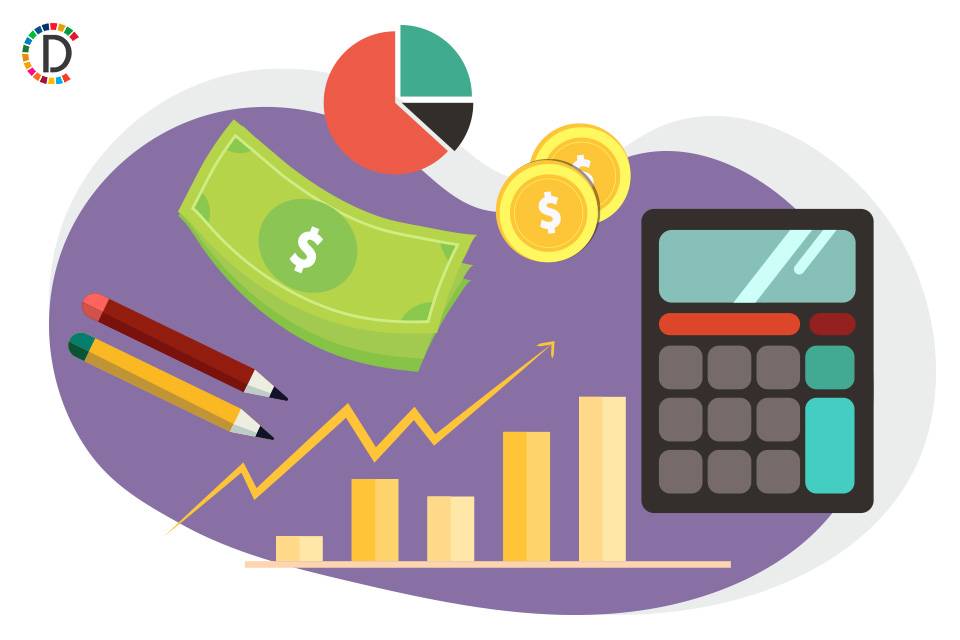EXCERPTS-Singapore announces 2023 budget proposals
Housings grants for first-time buyers of smaller resale public apartments will be increased by S$30,000. "We expect Singapore's headline inflation to remain high, at least for the first half of this year," Wong said.

Singapore Finance Minister Lawrence Wong presented budget proposals for 2023 in parliament on Tuesday, highlighting narrower deficits of 0.3% of GDP in 2022 and 0.1% of GDP in 2023 even as the city-state helps vulnerable households manage rising costs.
Following are some excerpts from his speech: SUPPORT PACKAGES
Wong said Singapore will top up its social assistance fund for low-income families by S$300 million ($226.2 million) and its 'Medifund' for medical bills by S$1.5 billion. A support package to offset a recent one-percentage point sales tax hike will also be enhanced from S$6.6 billion to S$9.6 billion. As Singapore's fertility rate drops and its society ages, the government plans to do more to support parents with the costs of raising children.
Working mothers will get S$8,000 in tax relief for a first child, S$10,000 for a second child, while paid paternity leave will be doubled to four weeks from next year. A "baby bonus" cash gift will increase by S$3,000, he said. Housings grants for first-time buyers of smaller resale public apartments will be increased by S$30,000.
"We expect Singapore's headline inflation to remain high, at least for the first half of this year," Wong said. But I hope all Singaporeans understand that it is not fiscally sustainable to rely so heavily on government support year after year to cope with inflation." TAX POLICY ADJUSTMENTS
Wong laid out a list of tax changes aimed at boosting revenue, with those in the property sector expected to generate an additional S$500 million a year. Singapore will introduce a global minimum effective tax rate of 15% for large multinational enterprise groups.
In the red-hot property sector, the portion of residential property valued between S$1.5 million and S$3 million will be taxed at 5% from Wednesday, while the portion valued at more than S$3 million will be taxed at 6%, up from the current rate of 4%. For non-residential properties, the portion of the property valued between S$1 million and S$1.5 million will be taxed at 4%, while that above S$1.5 million will be taxed at 5%, up from the current rate of 3%.
Buyers of cars with open market value (OMV) of more than $40,000 will pay a higher additional registration fee. For the highest OMV tier, the revised rates will be raised to 320%, up from 220%. Excise duty on tobacco products will be hiked 15%.
The tax deduction on qualifying innovation expenditure for businesses will be raised from 250% to 400%. SPENDING AND REVENUE
Wong said the government collected higher-than-expected revenue last year, which means the 2022 fiscal year clocked a deficit of S$2 billion instead of the initial forecast deficit of S$3 billion or 0.5% of GDP. In 2023, an overall deficit of S$0.4 billion, or 0.1% of GDP, is expected.
The government's expected draw on past reserves from FY2020 to FY2022 is S$40 billion, lower than the initial draw of S$52 billion that the government had sought. It will not draw on past reserves in 2023. "(This) reflects out prudent approach in using our reserves - drawing on them judiciously, only when there are compelling reasons to do so," he said.
INVESTMENT AREAS Singapore will invest S$25 billion between 2021 and 2025 for research, innovation and enterprise.
INFLATION "We...have to brace ourselves for a period of relatively higher inflation, both globally and also in Singapore," Wong said. "We cannot say how long this will last, but we expect Singapore's headline inflation to remain high, at least for the first half of this year.
"We do not have much influence over this global inflation picture. But our best strategy to cope with inflation is to make ourselves more productive and competitive -- so that our workers earn more and the increases in earnings can more than make up for the higher prices." For 2022 as a whole, core inflation averaged 4.1%, higher than the 0.9% recorded in 2021. Meanwhile, headline inflation came in at 6.1% last year, up from 2.3% in 2021. ($1 = 1.3264 Singapore dollars)
(This story has not been edited by Devdiscourse staff and is auto-generated from a syndicated feed.)










